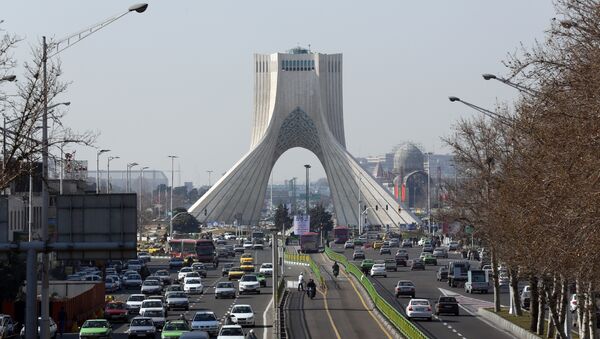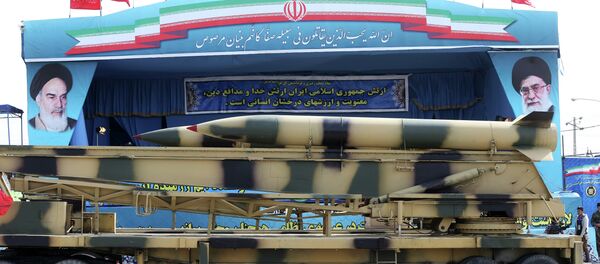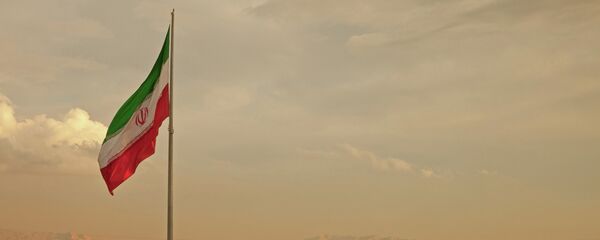Bahram Ghasemi added that the sanctions were an insult to all independent nations in the world. The official also pledged that Tehran would take a number of reciprocal measures.
Criticisms of the new sanctions bill have also been voiced within the United States.
Radio Sputnik discussed the issue with Dr. James Dorsey, senior fellow at the S. Rajaratnam School of International Studies, in Singapore.
“Iran can sanction US companies, for instance, and it can strengthen the Iranian Revolutionary Guards Corp and make it more difficult for the US troops on the ground although that of course risks, even by accident, escalating into some kind of military confrontation,” Dorsey said.
He further spoke about how US President Donald Trump has made it clear that he doesn’t like the Iranian nuclear agreement, but Iran is complying with the agreement, “so the argument that he [Trump] is making and will have to make is one of violating the spirit of the agreement,” the analyst said.
Talking about Iran’s reaction to the recent sanctions and whether it is possible that Iran may take Pyongyang’s model of geopolitical conduct, the analyst said, “What is certain is that Iran, like North Korea will perceive US policy as being one directed at regime change and therefore that is how it will structure its response.”
“There were six parties that signed the agreement with Iran: China, Russia, Britain, France, Germany and the US. If five of the six, the sixth being the US, adhere to the agreement Iran will have less incentive to follow the North Korean model because it will still have a lot of allies when it comes to the nuclear agreement,” Dorsey said.
However, he added that the problem lies with the fact that if the US slams these sanctions that will prohibit the companies from the other five countries from doing business with Iran; their support for the agreement may not mean much.
He further spoke about how he thinks the situation will play out in the region in the near future.
“If the agreement is abrogated then, I think, we will see rising agitation between Saudi Arabia and Iran, it may even have an effect on the ground in Syria.”
On Wednesday, US President Donald Trump signed into law a new batch of sanctions on Pyongyang, Tehran and Moscow. The pretext for the introduction of new anti-Iranian sanctions was a successful launch of the Iranian Simorgh carrier rocket into space.
The US condemned Tehran's actions, saying that they contradict with UN Security Council resolution 2231. The State Department believes that the design of such rocket carriers is similar to that of ballistic missiles and thus they can be used to deliver nuclear warheads.
In turn, the Iranian authorities accused the US of violating the 2015 nuclear agreements. The deputy foreign minister of the Islamic Republic said that the rocket is designed for the launch of satellites into orbit and has nothing to do with the atomic deal.




